There has been some uncertainty caused this week by leaked EU analysis, first reported by the Financial Times, which showed that the Common Agricultural Policy (CAP) payments made to existing member states would shrink by 20% in the wake of the expansion of the bloc to the east.
While that both sounds terrible and is presented as perfectly plausible, there is a lot of context and politics to be added before anyone should panic.
Proposed expansion
But before all that, it is worth looking at the proposed expansion to see what is being priced. The analysis looked at what adding nine new countries to the European Union (EU) would mean for the bloc’s budget.
The countries – Ukraine, Moldova, Georgia and six former Yugoslavia Balkan states – have a combined population of around 75 million.
As they are all less developed than countries which are already member states of the EU, they would qualify for cohesion funding for improvement of infrastructure.
They would also account for a large portion of the CAP budget, with the analysis suggesting that Ukraine alone would take €96.5bn over a seven-year budget cycle. This would force cuts in farm subsidies to existing member states of 20%.
With the current CAP worth nearly €10bn to Irish farmers for the period 2023-27, a 20% reduction would mean €400m less per year for the sector here, which would be very worrying – if there was any possibility of it coming to pass.
However, here’s the context: for this analysis to hold true, we would have to forget everything we know about how the EU works. For starters, everything takes much longer than expected in the EU.
Delays
The last country to join the EU was Croatia, on 1 July 2013. That country applied for membership more than decade earlier, and it took it until this year to start using the euro currency.
Of the countries that are set to join in the coming years, only Serbia seems likely to gain membership before the end of the decade – and that would be contingent on no fresh outbreak of hostilities in the region.
Ukraine has been granted candidate status and is currently in negotiations on becoming a member. The not-insignificant matter of the country currently being under a Russian invasion seems likely to delay even those pre-talks.
Other countries, such as Georgia and Kosovo, have not even been granted candidate status.
It is clear that if all of the countries listed in the EU analysis were to join, it will not happen for a considerable number of years, and certainly would not all happen at one time.
In no way would this be a repeat of May 2004 when 10 eastern European countries joined at once.
Back in 2004, there were similar fears raised about the future of CAP payments, particularly with agricultural heavyweight Poland joining, and the real possibility of Turkey being granted membership.
Of the countries that are set to join in the coming years, only Serbia seems likely to gain membership before the end of the decade
As it turned out, accession talks for Turkey ground to a halt – and are still frozen – while the new states that joined in 2004 were entitled to a smaller farm payment per hectare.
Then, there is the issue of the CAP itself. It has been reinvented several times since its introduction, with the focus changing in every seven-year cycle.
On any reasonable timeline for accession, there are probably two more CAPs to be agreed before those countries are coming in to take their share of the pie.
The EU analysis of the costs of enlargement is an interesting exercise, but it contains a lot less than meets the eye.
The projections for costs in it are based on the budgets that have been currently agreed – something which will have little in common with budgets that will exist 10 or 15 years from now.
They also base the headline grabbing “20% reduction in CAP payments” on a direct projection of the current CAP plan.
To be clear, EU budgets will have changed by the middle of the next decade, the CAP will probably have changed twice and, importantly, there is absolutely no guarantee that all or any of the countries in the analysis will ever join the EU.
Fundamentally, the analysis by the EU of enlargement has far too many unknowns over far too long a timeline to produce any useful information.




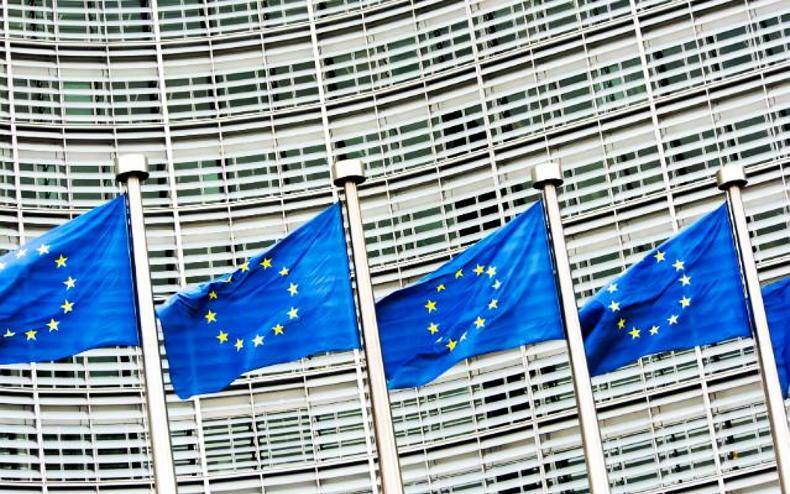
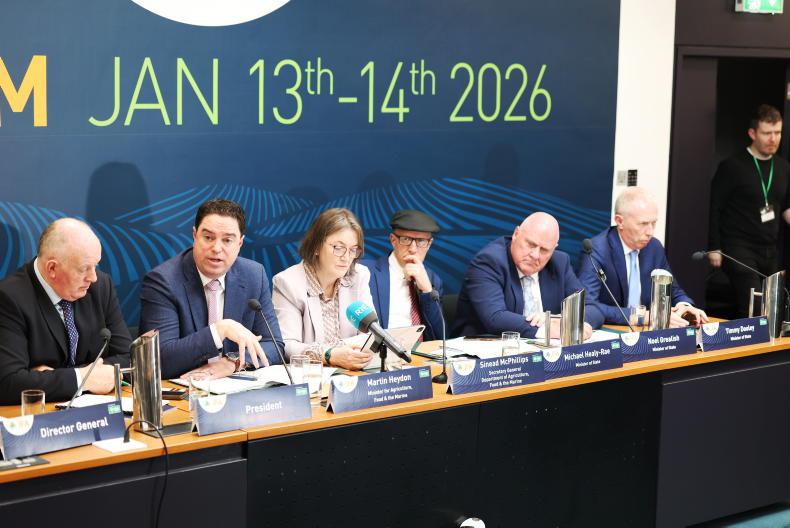
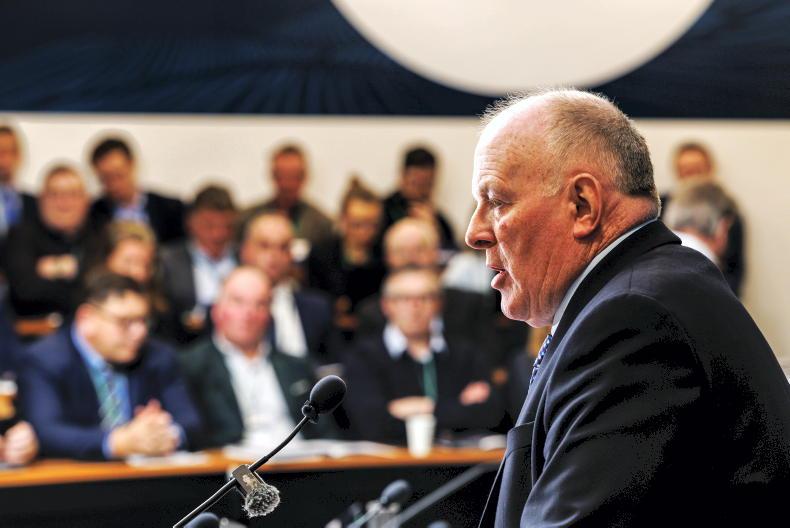
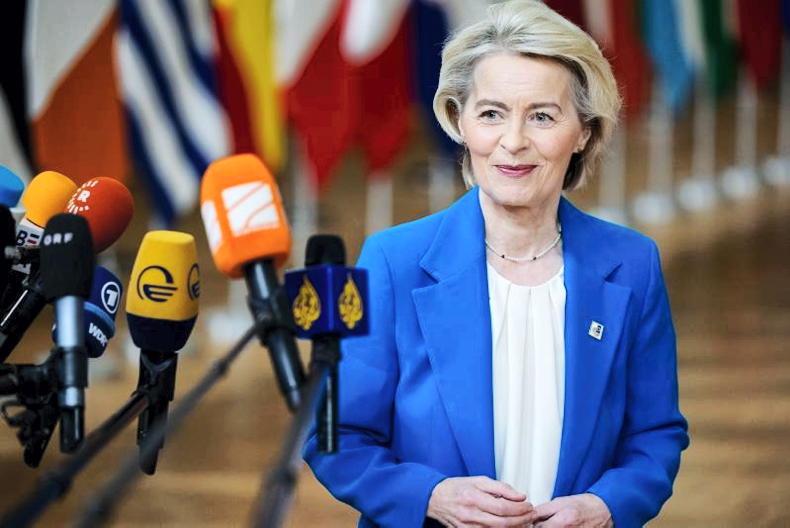
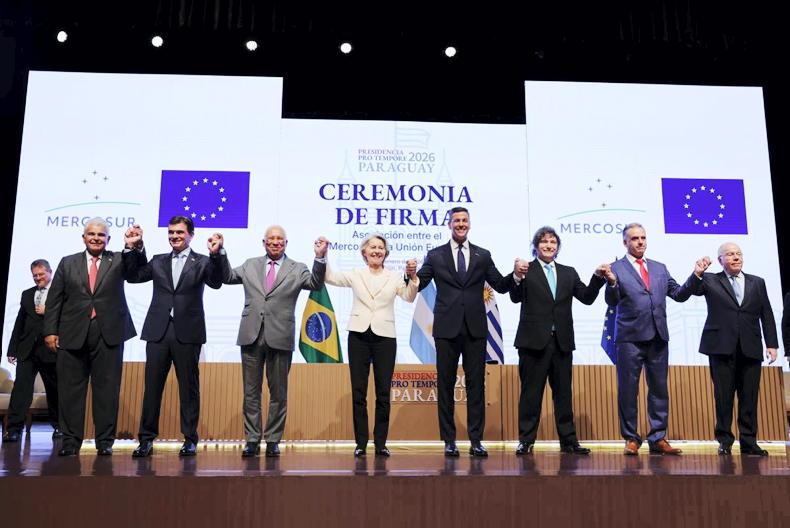
SHARING OPTIONS